New Tech, Arbitration and the Future
“In my personal view, new technology without the guidance of any legal principles or guardrails can easily lead to inequality and harm in society”
Sean McCarthy is an Irish barrister, New York attorney and founder of independent consultancy, Aegis Arbitration. Sean is also a co-founder of and moderator for ArbTech.
He is a former Deputy Counsel at the ICC Secretariat in Paris, current ICC YAAF Representative for Ireland and the UK, and Co-Chair of Young Practitioners Arbitration Ireland.
Want to deepen your knowledge of the future of legaltech and arbitration? In this article, ArbTech co-founder Sean McCarthy shares his predictions regarding the impact new technology will have on dispute resolution. He also highlights the most pressing challenges that tech may have for legal professionals and emphasises ways in which arbitration practitioners can benefit from innovation.
Can you explain the intersection between technology and law, and how they impact each other in your opinion?
The intersection of the two fields is critical so that justice, the imposition of obligations, and the vindication of rights can remain strong even at the frontier of technological progress. As the pace of technology use in society has vastly increased in the past decades, the evolution of the practice of law has struggled to keep up. In my personal view, new technology without the guidance of any legal principles or guardrails can easily lead to inequality and harm in society, and therefore it is incumbent on everyone involved in the legal field, from lawyers to legislators to become knowledgeable and forward-thinking about these developments so that their benefits can be fostered and their dangers mitigated.
What are some of the unique challenges and opportunities that arise when dealing with tech-related disputes, and how do you navigate them as a lawyer?
In the context of challenges that appear in tech-related disputes, the major one is properly understanding the technology at hand and its effect on the dispute. Many so-called ‘tech’ disputes present the same legal issues as would appear in traditional industries (contractual breaches, IP infringement etc.) but those that break new ground or bring up novel legal issues require all those involved, especially the judge or arbitrator, to fully and clearly grasp how the technology changes (or does not change) their existing understanding of the relevant legal principles, and therefore how to apply them correctly. Faulty or flawed logic in technology disputes has to be avoided and thus, for the lawyers involved, they have to possess not only a general, but a specific knowledge of the technologies and industries involved so that they can cut through what is not relevant and concisely present and explain their clients’ case in the clearest and most persuasive terms.
With the growing trend towards alternative dispute resolution, what role do you see technology playing in the future of arbitration, and how do you see this impacting the legal profession as a whole?
International arbitration is an interesting field in that as a form of dispute resolution, it is arguably one of the most adaptable to change, to handle disputes in new industries and embrace new technologies to assist the arbitration procedure. However, the industry itself can arguably be said to have not innovated in decades until it was forced to during the COVID-19 pandemic with the introduction of virtual hearings and digital-only briefs. eDiscovery is another field that has gradually taken hold in recent years in more and more arbitration cases, through its adoption by larger law firms. I see technology having a huge impact on arbitration procedures and frameworks going forward. The two principal aspects for me will be firstly in automating more elements of arbitration institutions and processes (such as pre-constitution procedural milestones and the financial aspects of cases); and secondly, the creation of newer and speedier forms of arbitration through technology like blockchain. These advancements will result in the increased suitability of arbitration for smaller value claims and for disputes residing solely within the digital economy.
Founding ArbTech: From discussion forum to international legaltech channel
For me, ArbTech has been an absolute privilege to be part of and help grow to what it has become. Our journey from a small online discussion forum to (in my biased opinion) the premier disputes-focused legaltech channel in the world is a testament to the work of our admin team. I am especially proud of the number and calibre of impressive minds that have joined our community and presented on a wide variety of technology-related topics in our webinars and other events in the past two years. The network of lawyers and non-lawyers alike who have contributed to ArbTech’s growth has been critical in allowing us to achieve our goals, and we know that they will continue to support us into the future.
What is the importance of ArbTech in shaping the future of justice?
ArbTech has always had the objective of being the online community at the intersection of technology, law and the future of justice. We believe that we are well on the way to achieving that objective, but it is one that will require consistent thought leadership, group discussion and outreach to retain. Because technological innovation never slows down but rather expands in different ways, the key point for ArbTech’s members and followers is to continue to stay curious and foster a desire to widen their knowledge base. ArbTech itself will continue to attract experts in these diverse fields to provide that knowledge, and in tandem, this should put the community in a position to make a meaningful difference to how the global legal and dispute resolution market talks about law and technology going forward.



